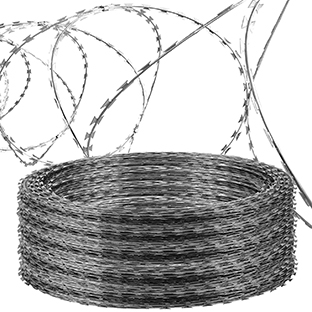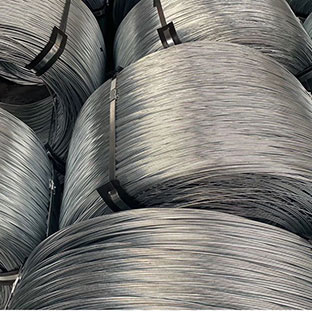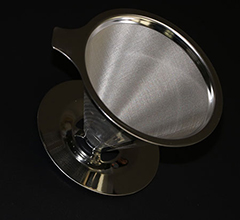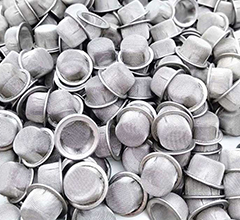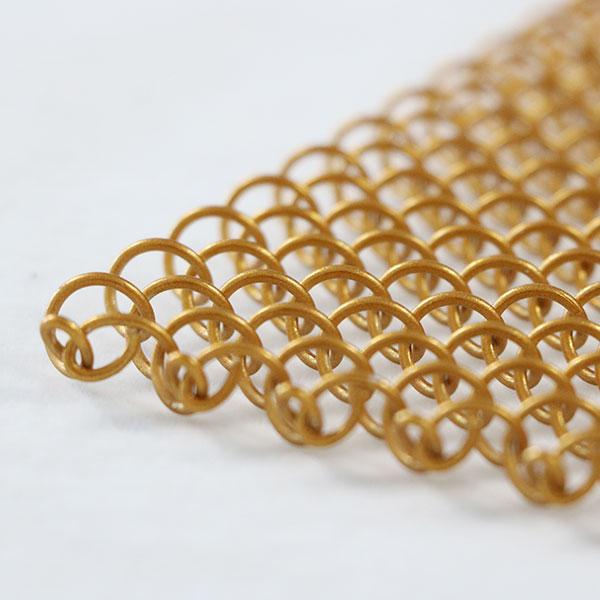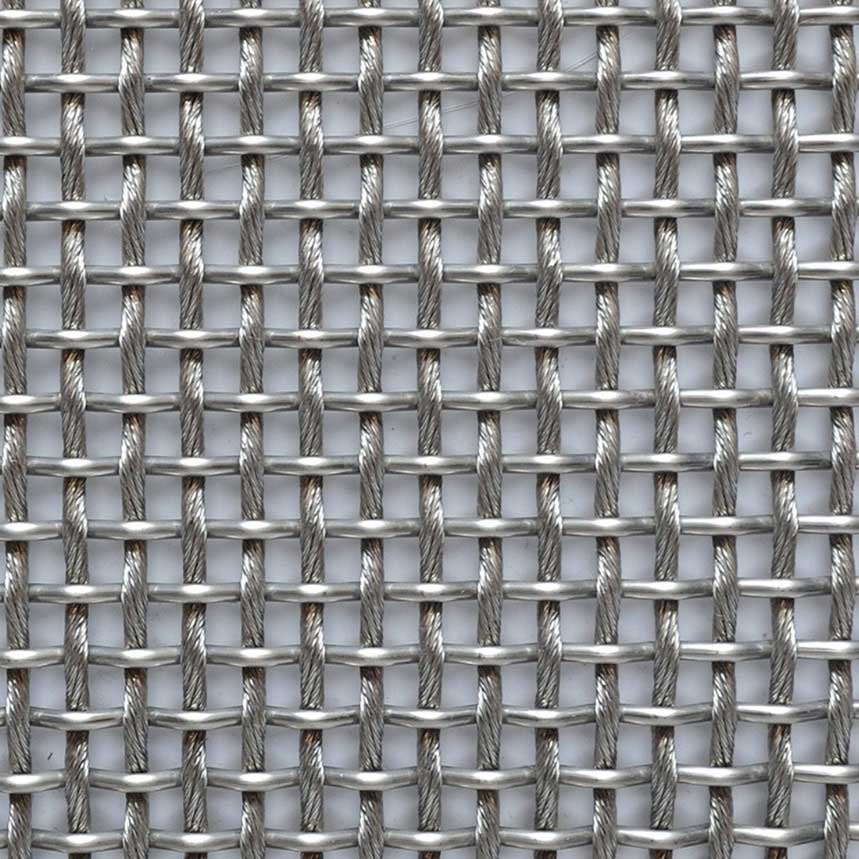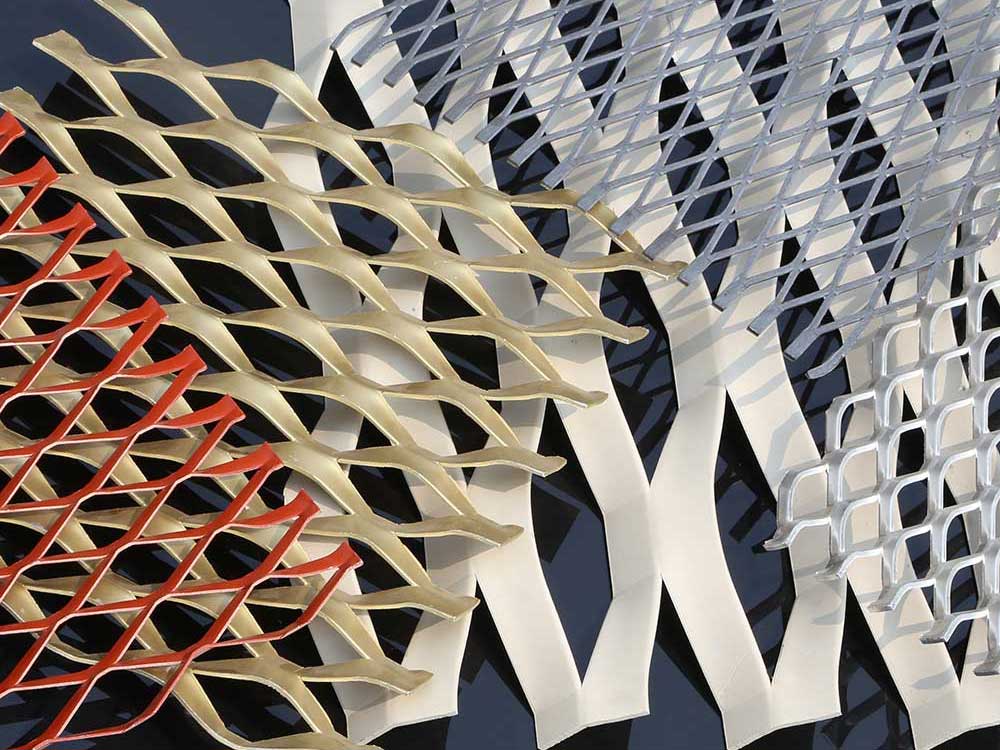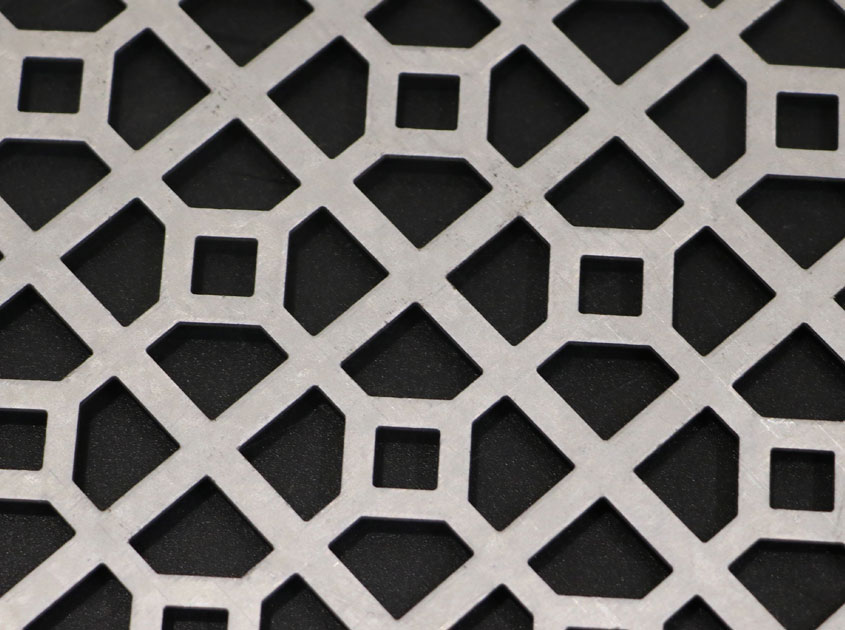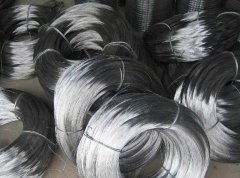Galvanized wire mesh is a popular choice for various applications due to its excellent corrosion resistance. In this article, we will explore the process of galvanization and how it enhances the corrosion resistance of wire mesh. We will delve into the key mechanisms that make galvanized wire mesh effective in preventing corrosion and discuss its advantages in different environments.

The Galvanization Process:
Galvanization involves coating the wire mesh with a protective layer of zinc. There are two primary methods of galvanization: hot-dip galvanization and electro-galvanization. Hot-dip galvanization involves immersing the wire mesh in molten zinc, while electro-galvanization applies a thin layer of zinc through an electrochemical process.
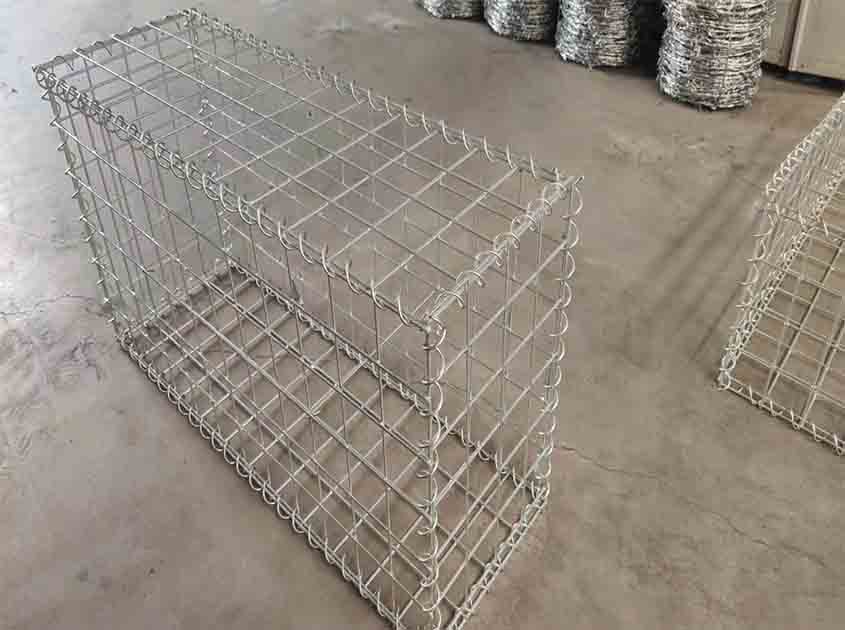
Formation of Zinc Coating:
During galvanization, the zinc coating forms a metallurgical bond with the base metal of the wire mesh. This creates a protective barrier that shields the underlying metal from corrosive elements. The thickness of the zinc coating plays a crucial role in determining the level of corrosion resistance provided by the galvanized wire mesh.
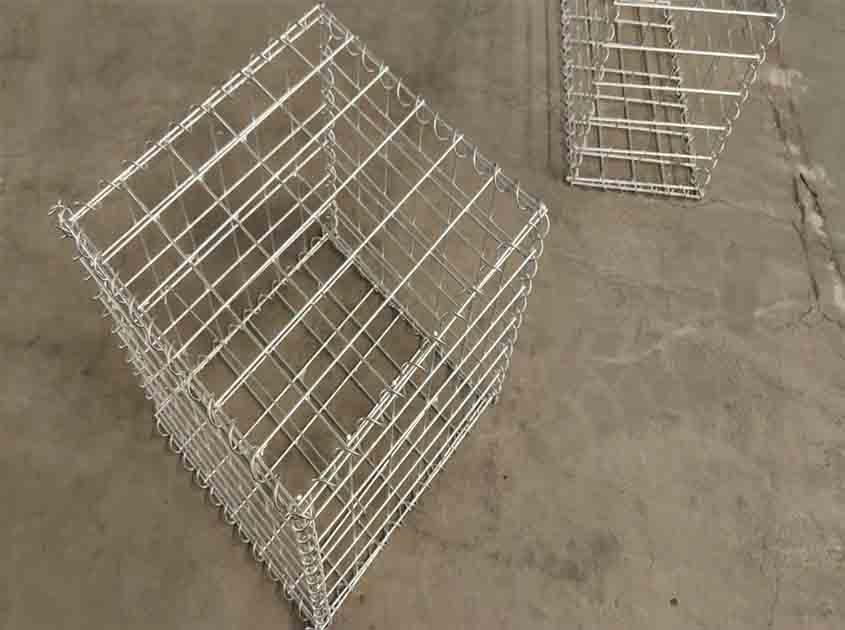
Barrier Protection:
The primary mechanism by which galvanized wire mesh prevents corrosion is through barrier protection. The zinc coating acts as a physical barrier between the base metal and the surrounding environment, preventing corrosive agents such as moisture, oxygen, and chemicals from reaching the underlying metal.


.jpg)




.png)






































